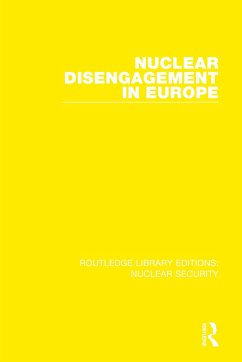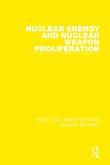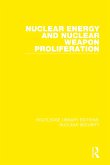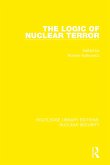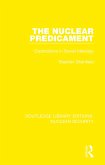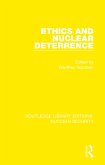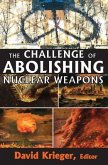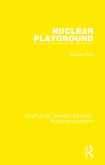In the early 1980s there had been an upsurge of public concern over the nuclear threat to Europe. Already saturated with nuclear weapons, Europe faced controversial new deployments and there was alarm over military strategies for nuclear war in the region. It is in this context that the idea of nuclear weapon-free zones had captured the popular imagination and became a political issue in Europe. Not only would such zones build confidence and raise the nuclear threshold, but they would be first steps towards a more comprehensive elimination of nuclear weapons. Originally published in 1983 Nuclear Disengagement in Europe probes the question of nuclear weapon-free zones in the region. Pugwash and SIPRI arranged a meeting at which an international team of lawyers, scientists, politicians and military experts gave background information and provided an appraisal of problems regarding the zone initiatives as well as benefits that would accrue. Possible elements in a European zone arrangement were elaborated on and procedures towards the establishment of such a zone were suggested.
Hinweis: Dieser Artikel kann nur an eine deutsche Lieferadresse ausgeliefert werden.
Hinweis: Dieser Artikel kann nur an eine deutsche Lieferadresse ausgeliefert werden.

